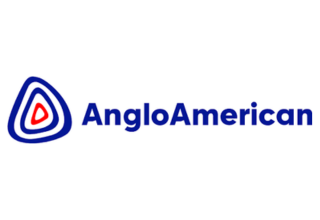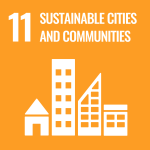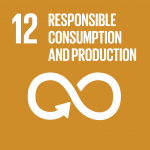Challenge
Brazil is a country full of complex and interconnected challenges spanning different sectors of society. In this scenario, business organizations can play an important role in mitigating these issues.
However, for this involvement to be as strategic as possible, a question arises: how to define a precise scope of action that can generate effective impacts on society, understanding local needs, without losing sight of the synergy with the company’s global private social investment initiatives?
With this challenge in mind, Anglo American approached IDIS. The company aimed to understand the key challenges faced by the country and based on this knowledge, identify the best opportunities to strategically direct their social investments.
Solution
As the local partner of Anglo American, IDIS proposed to the organization a journey to comprehend the Brazilian context of social development through research on the capacities of key actors for promoting this development. The research involved investigating various aspects, from the existing needs and gaps in the country to strategies, policies, interventions, and programs adopted to enhance these issues in the Brazilian context.
The first stage involved thorough research into reviews, studies, and existing literature on capacity building/capability development in Brazil. Understanding the Brazilian landscape, identifying trends, and pinpointing opportunities to guide the company’s next steps were crucial.
This stage revealed that many of the country’s development challenges stem from gaps in the management capacity of municipal governments, especially in their fiscal dimension. Larger municipalities, with support from federal government initiatives or civil society organizations, have been trying to improve their tax collection capabilities, but smaller municipalities lack the same margin for change.
Next, in the second stage, a benchmarking research was conducted. At this point, practices of “capacity building/capability development” programmes developed by companies comparable to Anglo American in Brazil were carefully analysed. The goal was to gather valuable references that could serve as a strategic guide for the company’s actions.
With all this knowledge and references in hand, it was time to look inward. In the third stage, an analysis of initiatives previously undertaken by the company itself in Brazil was conducted. This study represented a learning opportunity, allowing the identification of successes, challenges faced, and how to further enhance their practices of private social investment aimed at fostering the capacities of local actors for development promotion.
In the fourth stage, stakeholders and peer companies of Anglo American were actively sought. Through carefully conducted interviews, their perspectives were heard, allowing the identification of risks, gaps, and challenges of private social investment focused on capacity development in the public and civil society sectors. This approach provided a broader and more informed overview of the expectations and concerns of those involved, contributing to the enhancement of strategies and actions of the business foundation.
Results
After going through all these stages of research, interviews, and analysis, IDIS prepared a comprehensive report with all the findings. The mappings and insights obtained throughout the process were carefully documented and presented. The company was able to see the challenges as well as the opportunities for its actions in the country with even greater clarity, enabling the creation of a global strategic plan with a keen focus on local particularities.
About the organisation
Anglo American is a leading global mining company with a portfolio that spans diamonds, platinum, copper, iron ore, and steelmaking coal – with crop nutrients in development. The company has operations in Africa, Asia, Australia, Europe, North America, and South America. Anglo American’s purpose is to “Re-imagine mining to improve people’s lives”. The company’s sustainability strategy is driven by its Sustainable Mining Plan (SMP) which is built around three Global Sustainability Pillars designed to support the UN’s Sustainable Development Goals (SDGs). Each pillar has three Stretch Goals. The SMP also includes Collaborative Regional Development (CRD), an innovative partnership model designed to catalyse independent, scalable, and sustainable economic development in regions around its operations, the objective being to improve lives by creating truly thriving communities that endure and prosper well beyond the life of the mine.







